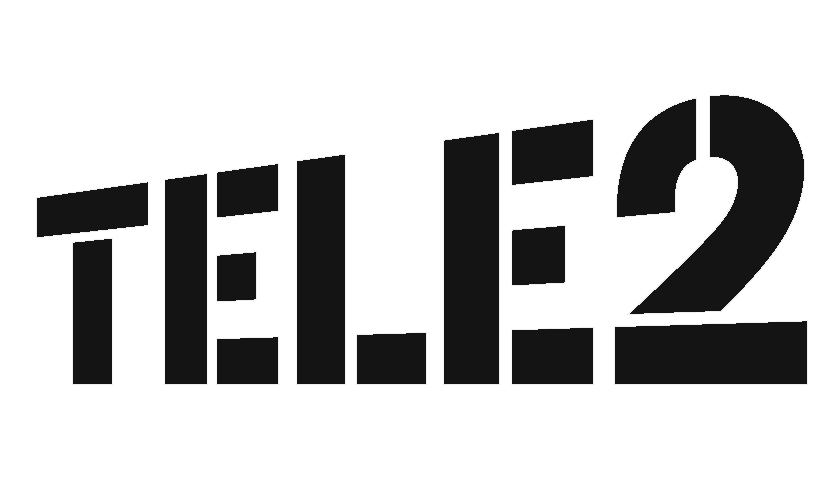Tele2 AB has made a commitment to take back and recycle 30% of its distributed mobile phones by 2030. In developing this commitment, Tele2 has co-led an international industry project organized by the global mobile network operator industry association GSMA, setting a new ambition for take back and recycling of devices for the global telecom sector.
In 2021, 57 million tons of e-waste was generated worldwide from electronic hardware and among the contributors to this issue was mobile phones. Recognizing the severity of the problem, Tele2 intends to take a leading position in the industry and commits to take back the equivalent of at least 30% of the total distributed devices in 2030. Tele2 also commits to ensuring that 100% of used mobile devices collected through operator take back schemes are repaired, reused or transferred to controlled recycling organisations.
– The growing amount of e-waste, including mobile phones, that is generated each year is not only an environmental challenge for our industry, but also a huge loss of potential financial value. To promote a more circular flow of resources is a key priority for Tele2, and we are setting an ambitious target to take back 30% of distributed mobile phones by 2030. As the environmental and business benefits of implementing a circular business model are clear, I hope that many more operators around the world will join us in the ambition of zero waste and increased take back rate by 2030, says Erik Wottrich, Head of Sustainability at Tele2.
The GSMA project that Tele2 has co-led together with Orange has resulted in a new set of pace-setting targets with the clear goal towards a circular economy for the telecom industry.
– Mobile connectivity is playing a major role in helping all sectors of the economy reduce their climate impact, enabling smarter and more efficient manufacturing, transport, and building, to name a few. We believe in the need to move to a more circular economy to reduce the impact of mobile technology on the environment, and applaud the latest commitments from 12 leading operators* to accelerate the transition to greater circularity. In addition to the environmental benefits, more efficient and responsible use of resources could lower costs and make devices more affordable for the unconnected., says John Giusti, Chief Regulatory Officer for the GSMA.
* Operators include: BT Group, Globe Telecom, GO Malta, Iliad, KDDI, NOS, Orange, Proximus, Safaricom, Singtel, Telefonica and Tele2.
